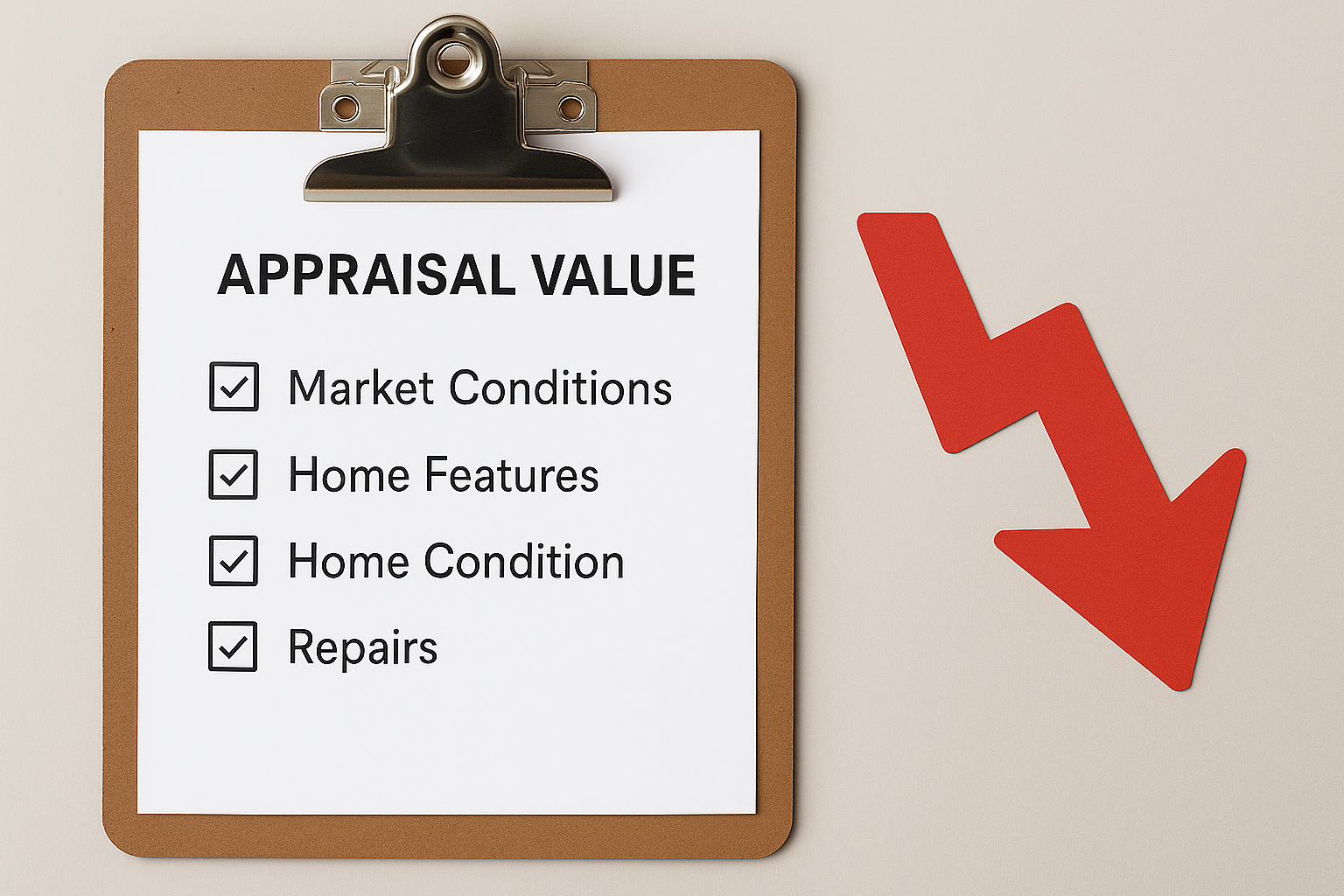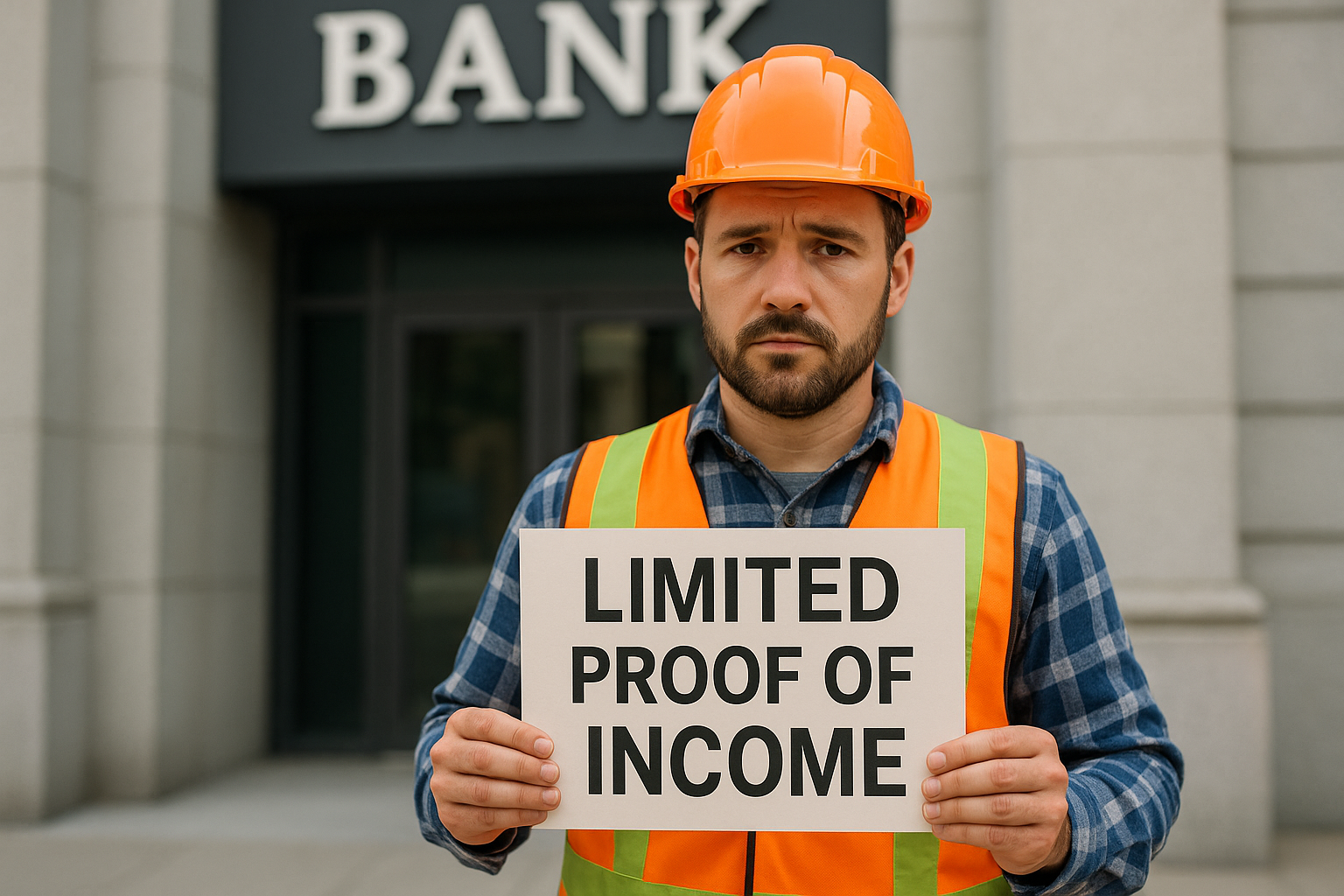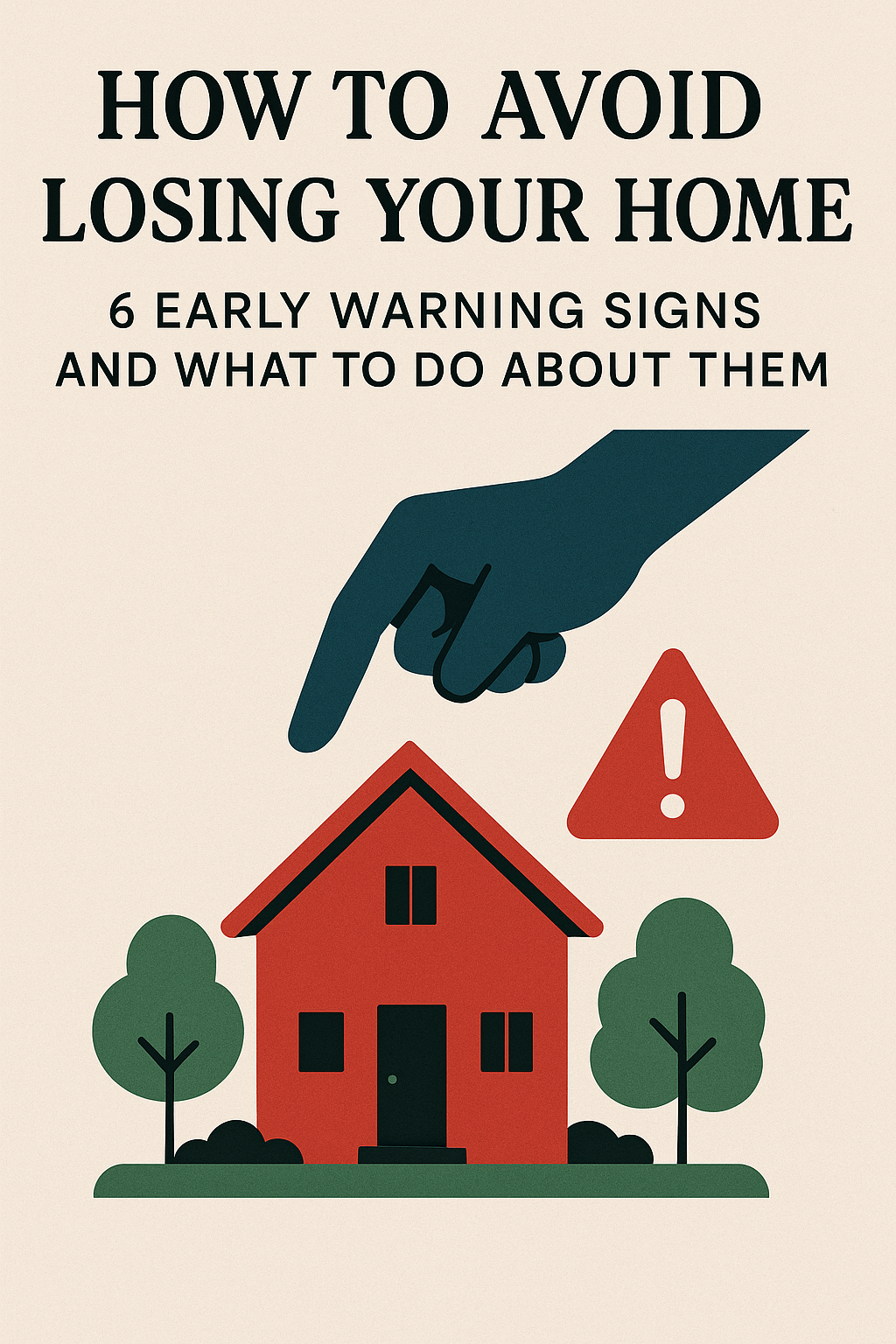Table of Contents
ToggleWhat Happens If You Can’t Pay Your Mortgage
Homeownership in Canada is rewarding and a significant milestone for many. However, with the privilege of owning your home comes great responsibility. Life throws the unexpected at you – financial hardship, job loss, or illness – that undoubtedly can impact your household financially. If you’ve found yourself in a situation where meeting your mortgage payments has become challenging, you’re not alone. Recent mortgage arrears statistics paint a vivid picture of the challenges many Canadians face today as a result of higher cost of goods and rising interest rates.
Your mortgage is a fundamental monthly obligation that protects the roof you’ve worked so hard to build over your head. Knowing where to turn for support can make a big difference in weathering the storm. As a homeowner, there are so many intricacies and underlying effects that past due mortgage payments can have on you and your family. So what happens if you can’t pay your mortgage in Canada?
Understanding Mortgage Default
Missed Payments
You can work tirelessly to keep up financially, but missing mortgage payments can occur despite your best efforts. Even the most diligent homeowners can find themselves facing the headache of missed mortgage payments. Despite having a structured budget and even a sound financial plan, unexpected costs can creep up when you least expect them to. When you start missing mortgage payments it’s important to take action swiftly. Being proactive and engaging with your current mortgage lender can make a big difference and potentially save you from losing your home.
By opening the lines of communication with your mortgage loan provider promptly you are opening the opportunity to find potential solutions and mitigating the impact of missed payments.
Grace Period
In times of financial difficulty, the concept of a grace period offers a brief break, providing homeowners with a small window to address mortgage arrears before more serious consequences ensue. Typically there is a grace period before a lender decides to take further action against you for missing your mortgage payments. Most institutional mortgage lenders accept repayment within 90 days before pursuing matters further. The common rule of thumb, however, for most lenders is ensuring that missed payments are made within 30 days.
It is important to note that most lenders emphasize the importance of addressing past-due arrears as soon as possible. Unlike institutional lenders private mortgage lenders tend to react quicker to missed payments due to the level of risk on their mortgage loan. Understanding the nuances of each lender’s grace period is essential to empower you to navigate through financial challenges with clarity.
Late Fees and Penalties
Picture this: you’re juggling bills, trying to make ends meet, and unexpectedly, you miss a mortgage payment. It happens, and it’s stressful even for the most financially resilient families. But what happens next?
Depending on the type of mortgage lender, when you miss your mortgage payment you incur late fees, penalties and damage to your credit score. After three consecutive missed payments, the foreclosure process may begin. Essentially different lenders have different rules, but if you keep missing payments, it could get serious no matter who your mortgage lender is.
Consequences of Mortgage Default
Defaulting on a mortgage can be a distressing ordeal that can result in many consequences for homeowners. With mortgage interest rates higher than normal today many owners, investors and the like are struggling to keep up with higher than normal mortgage payments. As a result, many are faced with profound repercussions of foreclosure, financial hardship and bruised credit.
Damage to Credit Score
Your credit score is like a report card for your money habits; well your borrowing habits. It tells lenders if you’ve managed to pay your debt obligations on time or are consistently late on payments. Additionally, it shows how reliant you’ve become on your credit cards and other loans.
It’s like getting an “F” on your report card when you can’t make your mortgage payments. If you’re consistently missing payments it’s like getting a bad mark each time. If the issue persists over time your credit score can drop affecting your creditworthiness. Now things like buying a car, getting a credit card or applying for a new mortgage or home equity line of credit become that much harder.
Consistently failing to meet mortgage payments can result in a significant drop in your credit score, rendering it difficult to obtain future loans, lines of credit, and credit cards. The stain of missing mortgage payments can linger on credit reports for years, hindering opportunities for financial recovery.
Legal Costs and Home Loss
Foreclosure Process
Missing mortgage payments can start with late fees and impact credit scores but there are more severe consequences that can happen.
- Notice of Default: this is like a warning sign from your mortgage lender letting you know that you are in danger of losing your home.
- Eviction: if the mortgage arrears are not brought into good standing your mortgage lender may file a notice of sale in which you will now need to vacate the property; putting the lender in a position to sell your home.
- Auction or Sale: to recover the missed mortgage payments and mortgage balance the lender will list and sell the property to recoup what they are owed.
Legal Actions by Lenders
Options for Homeowners Facing Mortgage Difficulties
- Contact Your Lender
- Mortgage Loan Modification
- Refinancing
- Selling Your Home
- Seek Financial Assistance
- Bankruptcy as a Last Resort
Can’t Pay Your Mortgage: A Conclusion
So, what can you do? Well, the first step is to try your best to keep up with your mortgage payments. But if you’re struggling, don’t panic. Reach out to your lender and see if they can help. Sometimes they can work out a plan to make things easier for you.
If your mortgage lender is not in a position to help, try contacting a mortgage professional to develop a strategy that will put you in a better financial situation. Several robust mortgage financing solutions in the market today can help you recover.
And remember, mistakes happen. We all go through tough times now and then. The important thing is to learn from them and take steps to get back on track. With a little patience and determination, you can turn things around and start rebuilding your credit score.
- Leased Land Mortgages in Ontario: How to Qualify and What to Expect - June 30, 2025
- Hard Money Mortgage Lending in Canada: A Homeowner’s Guide - June 9, 2025
- What is Home Equity and How Does It Work? Learn More 2025 - June 6, 2025






